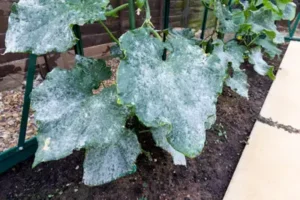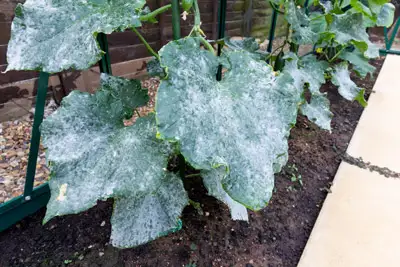
Bacteria, viruses, and fungi can all cause diseases in your plants. These diseases aren’t much of a problem during cold winters, but if you live in a warm climate like Florida where you have mild winters, you’ll want to take action. Plant diseases can cause significant damage to your landscaping.
Common Plant Diseases
- Armillaria Root Rot: Armillaria root rot also called mushroom root rot infects the root of a plant, causing it to wilt and eventually die. Armillaria root rot can continue to live in the soil, so if you’re going to replant in the same area, consider finding a plant that is resistant to the fungi. Armillaria root rot attacks:
- Loquats
- Azaleas
- Ligustrum
- Oak trees
- Hickory trees
- And more
- Powdery Mildew: Powdery mildew is a serious fungal disease. It causes plants to become distorted and stunted. It can attack a variety of plants including:
- Rose bushes
- Sycamores
- Crapemyrtles
- Squash
- Sabal Palm Disease: Sabal Palm Disease also called, lethal bronzing is transmitted by a tiny winged pest called the American palm cixiid. This disease causes a palm’s leaves to turn brown and eventually die. Sabal palm disease is often difficult to diagnose because it shares similar characteristics as a tree that’s been over-fertilized. If you believe your palm has this disease contact your local landscaper or arborist. They may be able to save it with oxytetracycline injections.
Prevent Plant Diseases with Good Practices
Oftentimes people wait until their plants are already sick and/or dying when they decide to take action and by then it’s too late. The best way to cure a plant disease is to prevent it from happening in the first place. Below are some good practices to help keep your plant disease-free.
- Remove leaves and debris from your lawn to prevent mold growth
- Continue mowing your grass through the winter until it has stopped growing
- Prune trees and shrubs during the dormant season. Pruning during the growing season causes sap to flow which attracts insects like bark beetles.
- Winterize sensitive plants like roses and young trees with thin bark. Tender plants can be seriously damaged in the winter, putting them at risk for a secondary infection like canker fungi.
- Keep an eye on stressed plants and water them to promote healthy root growth.
Keeping your lawn and plants well-fed, watered, and cared for is your best defense against plant diseases. When a plant is stressed, it is more vulnerable to diseases and is more likely to be affected by lawn pests.
At Grasshoppers, we understand these steps may be a lot which is why you may want to consider hiring a professional landscaper for your property. In addition to being knowledgeable about the plants native to Florida, we’re also familiar with plant diseases, including how to prevent them and treat them.

